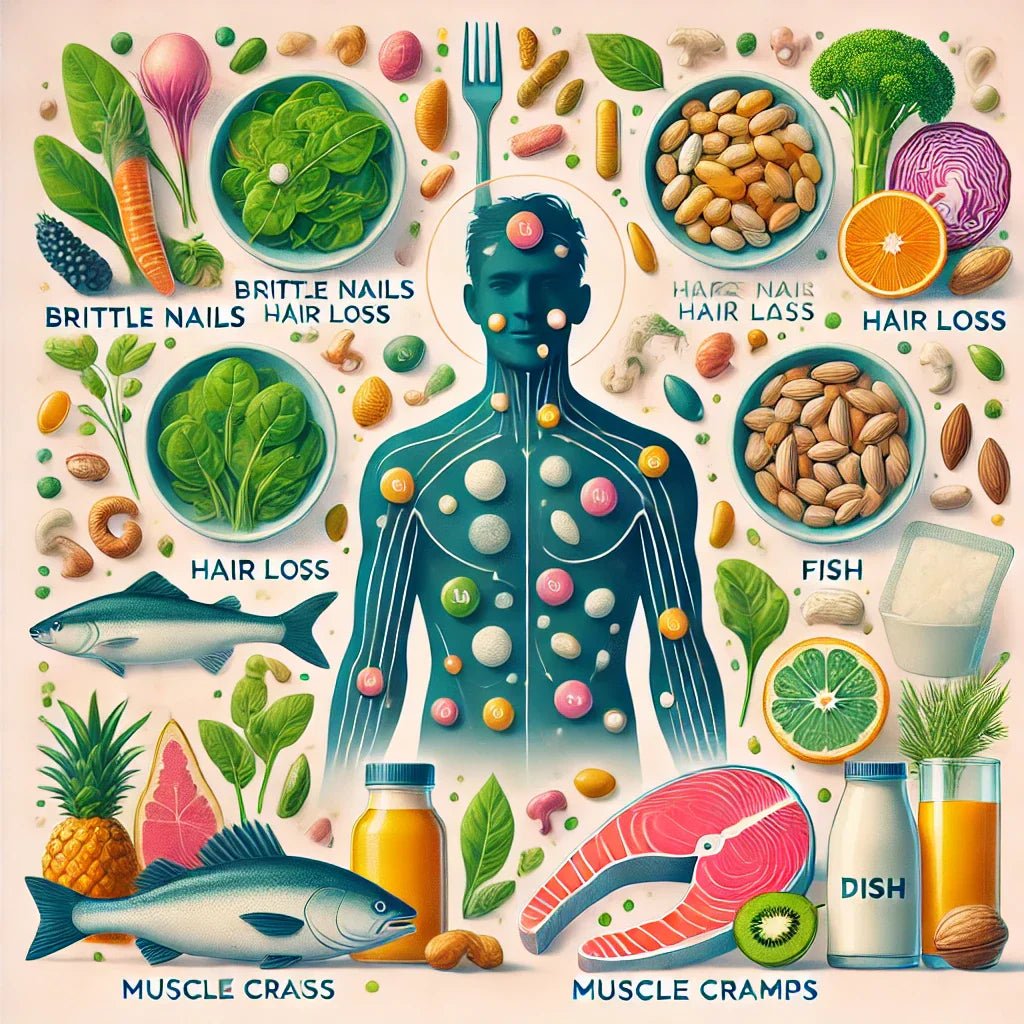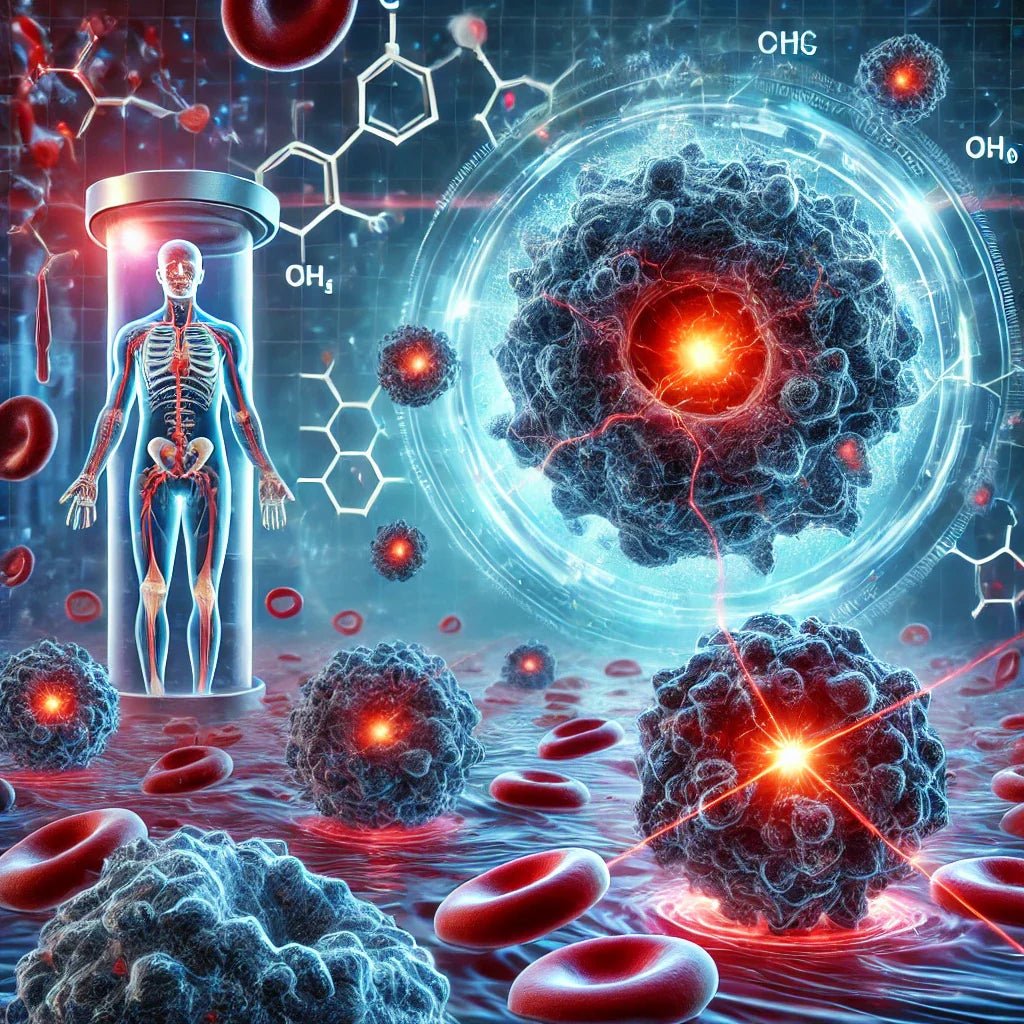Cancer treatment is a complex process that affects all aspects of patients' lives, including their sexual health. Sexual problems are a common side effect of cancer therapy, but they are also often underestimated or downplayed and do not receive enough attention.
In recent years, the role of a sexologist in oncological treatment has become more popular, and at the same time, the awareness of how a patient with experience of oncological disease can cope with challenges related to sexuality and holistically improve the quality of his life has increased significantly.
The role of a sex therapist
The role of a sexologist - identification of difficulties, education, creation of a personalized therapeutic plan and cooperation with the treatment team
A sexologist can play a key role in identifying relationship difficulties
in an oncology patient and his partner. The specialist conducts a detailed interview to understand the patient's symptoms, fears and changes in sexual functioning. Thanks to this, he can adapt the appropriate therapeutic approach.
Education is an equally important element. Knowledge about the impact of cancer therapy on sexual health is extremely important for patients. A sexologist can provide information about physical, emotional and psychological changes related to the treatment of oncological diseases and their impact on sexual life. Unfortunately, it still happens that patients are not informed by their oncologist about potential options for taking care of their reproductive health. Thanks to meetings with a sexologist, patients learn about the forms of fertility protection they are entitled to. Education can help patients understand that sexual problems are a natural consequence of cancer treatment and that there are effective strategies to deal with them.
It is worth remembering that each patient has unique needs and preferences. A sexologist can develop a personalized therapeutic plan, taking into account both physical and psychological aspects. Therapy,
depending on the patient's needs and situation, it may include individual counseling or couples therapy - depending on the patient's situation and needs.
Cooperation with the treatment team is also invaluable. A sexologist can act as an intermediary between the patient and the treatment team.
This makes health care integrated. A sexologist can cooperate with oncologists, nurses and therapists.
This has a direct impact on how comprehensive and tailored the therapy can be to the individual needs of the patient.
How can cancer affect sexuality ?
Chronic diseases are a source of chronic stress among those experiencing them
their patients. In turn, stress can contribute significantly
leading to the development (or deepening of existing) sexual disorders. Cancer and its treatment can have a variety of impactful effects
on the patient's sexuality. The impact of cancer on sexual health may include physical changes such as hair loss, skin changes, significant weight loss or swelling. Hormonal changes will affect not only the dysregulation of the monthly cycle in women, fluctuations in libido, or difficulties in obtaining/maintaining an erection in men, but also emotional difficulties, fatigue and weakness. It is worth noting, however, that the impact of oncological disease on a patient's sexuality is individual and dependent
on many factors, including type of cancer, stage of the disease, type of treatment, and emotional support.
Physical changes and sexuality
Cancer therapies such as surgery, radiotherapy
and chemotherapy usually lead to significant changes in various areas of the body - including the sexual organs and others, which may have a significant impact (direct or indirect) on the patient's sexual dysfunction. Surgical treatment - amputation of the breasts and testicles - leaves an irreversible anatomical defect. Chemotherapy and radiotherapy may cause nausea, local neuropathies and hair loss. The effects of this type of treatment may significantly affect your sense of attractiveness, self-esteem, or simply discouragement.
to engage in any activity - including sexual activity.
Hormonal changes and sexual health
Selected types of cancer and the therapies undertaken as a result of them,
can affect hormone levels in the body. Deficiency of such hormones
such as testosterone in men or estrogen in women, can lead to a significant reduction in libido, as well as erectile dysfunction or vaginal lubrication.
Emotional problems, mental problems
Cancer can cause strong emotions, such as fear and sadness
or uncertainty. The anxiety felt about treatment and worries about the future can lead to difficulty focusing on intimacy and sexuality.
In addition, feeling such intense and at the same time difficult emotions may affect sexual desire and the quality of sexual life.
Fatigue and weakness
Oncological treatment is often associated with chronic, general fatigue and weakness of the body. These symptoms may affect your energy
and sexual interest.
Changes in body image
Cancer and its treatment can lead to significant changes
in body appearance, such as weight loss, the appearance of scars or hair loss. These changes may affect the patient's self-attractiveness and self-confidence, which in turn may affect sexual energy and interest.
Fertility disorders
Some cancer treatments can make it difficult to get pregnant
pregnant or to an increased risk of complications during pregnancy. This may impact family planning and reproductive health decisions.
The role of a sexologist is to accompany, educate, and present possible ways to pursue sexuality and ensure closeness between partners.
AUTHOR:
Monika Kaszuba
SEXOLOGIST, PSYCHOLOGIST, PSYCHOTHERAPIST






